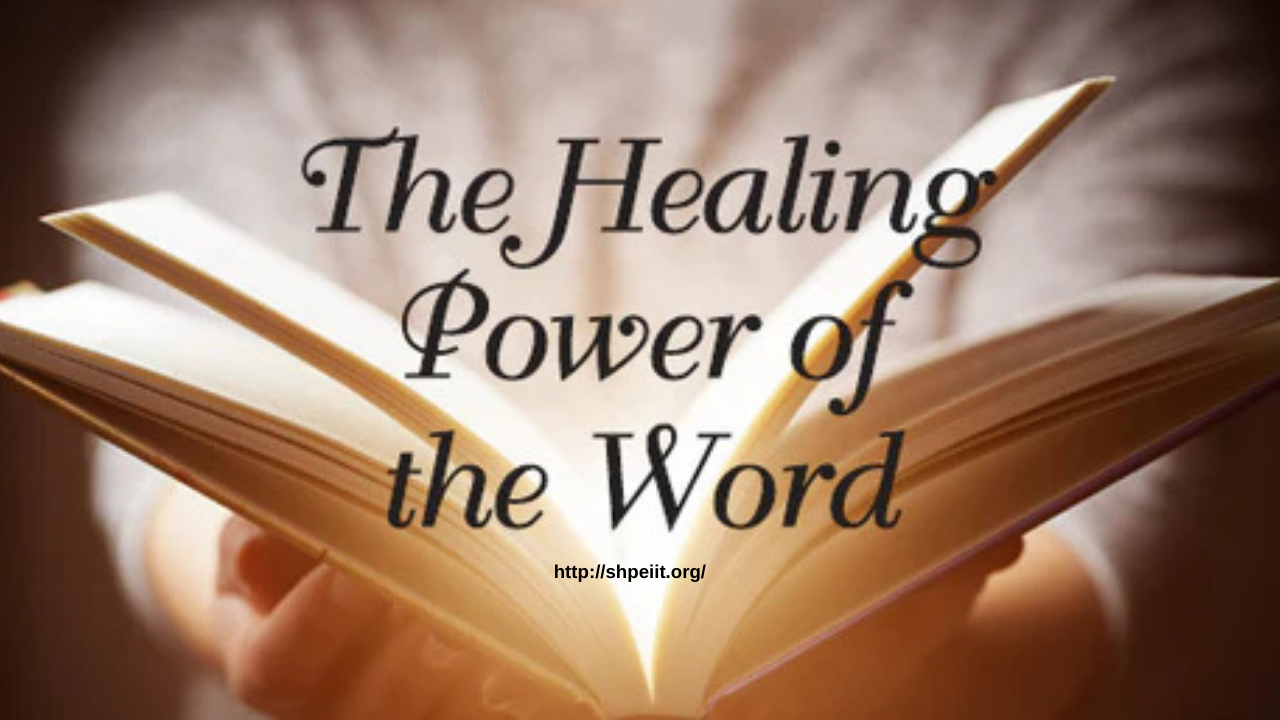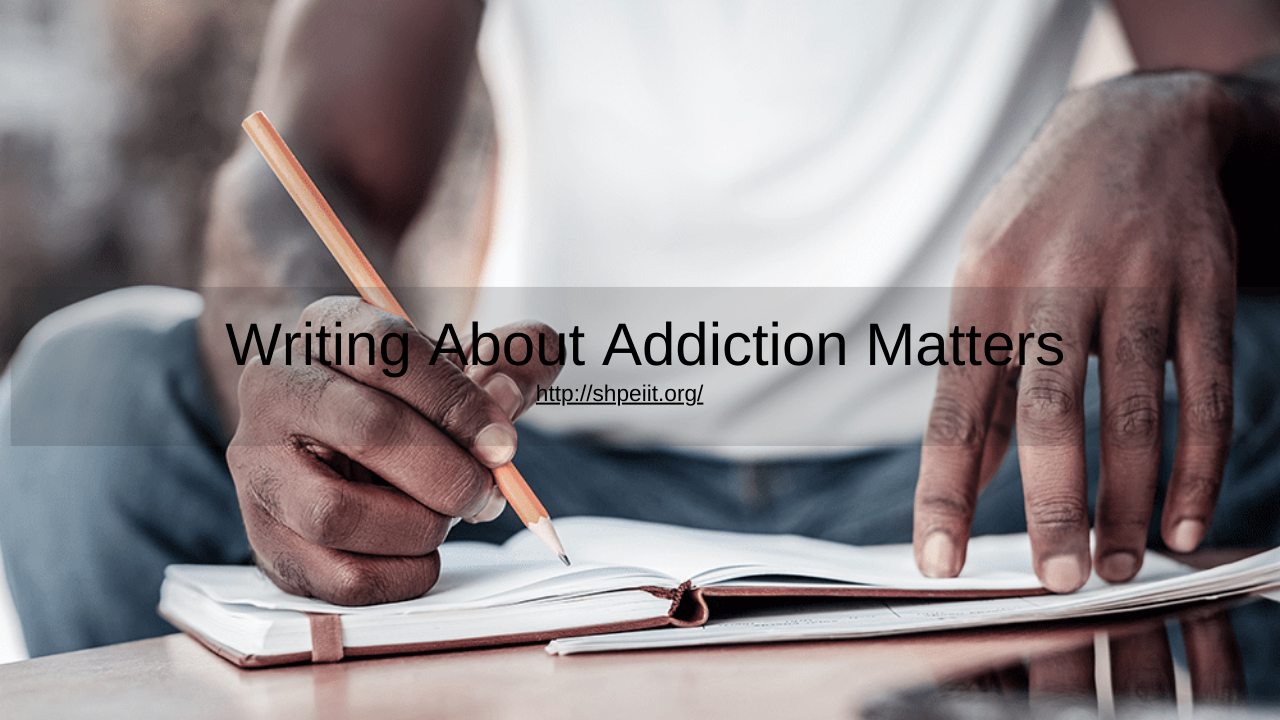The Life of a Professional Writer
The Rewards and Challenges of Professional Writing
Breaking the Silence: How Writing About Addiction Helps Rebuild Lives
The Transformative Power of Sharing the Story
Addiction often thrives in silence. For many individuals, the weight of shame, stigma, and unspoken pain keeps them isolated and struggling alone. Yet one of the most powerful tools for healing is simply finding the courage to share the story. Writing about addiction not only breaks that silence but also helps rebuild lives by turning vulnerability into strength.
At SHPEIIT, where recovery is supported through addiction treatment, mental health care, and holistic, faith-based approaches, we have seen how storytelling plays a role in long-term healing. Writing offers a safe space to process the past, make sense of the present, and create hope for the future.
Why Writing About Addiction Matters
Breaking Stigma Through Honest Expression
When individuals write about their experiences with addiction, they challenge misconceptions and stereotypes. Addiction is often misunderstood as a weakness, but through personal stories it becomes clear that it is a complex condition that deserves compassion and professional support. Writing helps normalize the reality of recovery and creates pathways for open conversations.
Reclaiming Identity and Voice
Addiction often takes away a person’s sense of self. Writing allows individuals to reclaim their identity by putting their story into their own words. This process gives them back ownership of their narrative and reminds them that they are more than their struggles.
Inspiring Others in Recovery
Stories of addiction and recovery have the power to inspire. When one person shares their journey, another may find the courage to begin their own. A written testimony can act as a lifeline, showing others that healing is possible and that they do not have to face recovery alone.
The Healing Benefits of Writing
A Therapeutic Outlet
Writing can serve as a form of therapy. By putting emotions on paper, individuals release thoughts that may otherwise remain overwhelming or unspoken. This practice reduces stress, clarifies feelings, and helps build emotional resilience.
Building Self-Awareness
Memoirs, journals, or even short reflections provide opportunities for self-examination. Writing encourages individuals to trace patterns, acknowledge setbacks, and celebrate progress. This deeper self-awareness supports long-term sobriety and personal growth.
Connecting Mind, Body, and Spirit
In holistic recovery, healing is not just about stopping substance use. It is about aligning mental, physical, and spiritual health. Writing bridges these areas by allowing the mind to process emotions, the body to release tension through expression, and the spirit to find meaning in the recovery journey.
How SHPEIIT Supports the Healing Process
SHPEIIT’s approach to recovery emphasizes individualized care. Writing can be an integral part of both inpatient and outpatient programs, complementing therapy, group support, and faith-based practices. Whether through journaling exercises, guided reflection, or personal storytelling, clients are encouraged to use writing as a tool for healing.
By integrating writing into recovery, individuals gain a valuable resource that stays with them long after treatment ends. Their words become a testament to resilience, a reminder of progress, and a source of hope during difficult times.
Conclusion: Your Story Can Light the Way
Breaking the silence through writing is not only an act of courage but also a pathway to rebuilding lives. By putting experiences into words, individuals release shame, reclaim their identity, and inspire others who are still searching for hope.
If you or a loved one is struggling with addiction, now is the time to begin your own story of recovery. At SHPEIIT, we are here to walk with you through every step, offering compassionate, faith-based, and personalized support. Reach out today and take the first step toward healing.
The Healing Power of Words: Why Addiction Memoirs Matter in Recovery
 Stories That Heal Both the Writer and the Reader
Stories That Heal Both the Writer and the Reader
Addiction is often marked by silence, shame, and isolation. Breaking through that silence can be one of the most powerful steps in recovery. Addiction memoirs, whether shared publicly or kept as private reflections, create a bridge between pain and healing. They allow individuals to process their experiences, reclaim their voice, and offer hope to others who may be facing similar struggles.
At SHPEIIT, where recovery is guided through addiction treatment, mental health care, and holistic, faith-based approaches, we understand that words have the power to heal. Memoirs about addiction are more than personal stories. They are tools for reflection, connection, and transformation.
Why Addiction Memoirs Are Important
Breaking Stigma Through Honesty
Memoirs about addiction challenge the stereotypes that surround substance use. By sharing raw and authentic experiences, writers show that addiction is not a moral failing but a human struggle. These stories replace judgment with empathy and encourage others to seek help without fear of stigma.
Offering Inspiration and Hope
Reading an addiction memoir can be life-changing for someone in recovery or considering treatment. Knowing that another person has walked the same difficult path and found healing offers reassurance that recovery is possible. Stories become a guiding light in moments of doubt.
Encouraging Self-Reflection
For the writer, creating a memoir is a process of looking inward. It provides an opportunity to trace patterns, acknowledge mistakes, and celebrate growth. This reflection strengthens self-awareness, which is an essential part of long-term sobriety.
Writing as a Pathway to Healing
Therapeutic Benefits of Storytelling
Research shows that writing about trauma can help reduce stress and improve emotional well-being. Memoirs provide structure to experiences that may otherwise feel chaotic. For individuals in recovery, the act of writing can be just as healing as therapy or group work.
From Pain to Purpose
When personal pain is transformed into a story that inspires others, it becomes purposeful. Many writers discover that sharing their addiction journey allows them to turn struggles into service. This shift not only strengthens recovery but also creates meaning out of hardship.
Balancing Vulnerability and Care
It is important to remember that writing about addiction can be triggering. Writers should pace themselves and seek support from therapists, mentors, or faith-based leaders when needed. Protecting mental health while telling the truth ensures the writing process remains healing rather than harmful.
How Addiction Memoirs Support Holistic Recovery
At SHPEIIT, recovery is viewed as a journey of mind, body, and spirit. Addiction memoirs fit naturally into this holistic model. They help individuals process emotions, strengthen mental clarity, and even nurture spiritual growth by transforming struggles into testimonies of resilience.
Whether written during inpatient treatment, outpatient care, or in private journaling, addiction memoirs allow people to reconnect with their authentic selves. They remind us that recovery is not just about breaking free from substances but about reclaiming identity and purpose.
Your Story Matters
Addiction memoirs matter because they remind us that healing is possible. They reduce stigma, inspire hope, and provide a therapeutic outlet for those in recovery. Every story is unique, and every voice has the power to encourage others.
If you or a loved one is struggling with addiction, now is the time to take the next step. At SHPEIIT, we provide individualized treatment programs that combine professional care with holistic and faith-based support. Reach out today and begin writing your own story of recovery.
Writing as Recovery: Turning Struggles with Addiction into Strength
 The Healing Power of Words
The Healing Power of Words
Addiction recovery is often described as a journey of transformation. For many, that transformation is fueled not only by professional treatment and support but also by the act of writing. Putting words on paper provides a safe outlet for emotions that are often difficult to speak aloud. Writing becomes a form of recovery in itself, turning painful struggles into a source of strength and resilience.
At SHPEIIT, where addiction recovery and mental health treatment are rooted in holistic, faith-based, and individualized care, we recognize that storytelling and writing can be powerful tools for healing. They provide a pathway to self-discovery while also inspiring others who may be facing the same challenges.
Why Writing Supports Addiction Recovery
A Safe Outlet for Emotions
During recovery, emotions can feel overwhelming. Writing provides a private and healthy way to process grief, anger, fear, or regret. By transferring thoughts from mind to page, individuals release emotional burdens and begin to find clarity.
Reflecting on the Journey
Recovery is not always linear. Journaling or creative writing helps individuals look back on progress and setbacks with honesty and compassion. This reflection builds self-awareness, which is a key part of long-term sobriety.
Reducing Isolation
Addiction often thrives in silence and secrecy. Writing can break that silence by creating connection. Whether shared in a support group, with a therapist, or through personal publication, writing allows people to realize they are not alone.
Turning Struggles into Strength
Reframing the Past
Writing about addiction transforms painful memories into stories of resilience. This reframing helps individuals recognize their own strength and see recovery as proof of growth rather than defeat.
Inspiring Others Through Storytelling
When people share their stories publicly, they not only strengthen their own recovery but also provide hope for others. Hearing that someone has walked a similar path and found healing can encourage another person to seek help.
Building Confidence and Purpose
For many, writing instills a renewed sense of purpose. It becomes a way to use lived experience for good. By turning struggle into testimony, individuals find meaning in their past and motivation for their future.
How Writing Fits into Holistic Recovery
At SHPEIIT, we emphasize that recovery is not just about breaking free from substances. It is about healing the whole person—mind, body, and spirit. Writing aligns with this holistic approach by supporting emotional balance, enhancing self-understanding, and fostering spiritual reflection.
Whether someone is participating in inpatient treatment, outpatient care, or ongoing mental health support, writing can complement therapies like counseling, group discussions, and faith-based practices. It is flexible, personal, and accessible to anyone who wants to explore it.
Practical Tips for Writing in Recovery
-
Start Small: A few sentences each day can build consistency without pressure.
-
Write Honestly: Authenticity is more important than style or grammar.
-
Use Prompts: Simple questions like “What am I feeling today?” or “What progress have I made this week?” can guide reflection.
-
Seek Support: Share writing with a therapist or trusted mentor if emotions feel overwhelming.
Your Story Matters
Writing is more than an activity. It is a pathway to healing, empowerment, and connection. By turning struggles with addiction into words, individuals reclaim their voice and transform pain into strength.
If you or someone you love is struggling with addiction or mental health challenges, SHPEIIT is here to help. Our compassionate, individualized programs combine professional treatment with holistic, faith-based support to guide you toward lasting recovery. Reach out today and take the first step toward writing your own story of healing.
